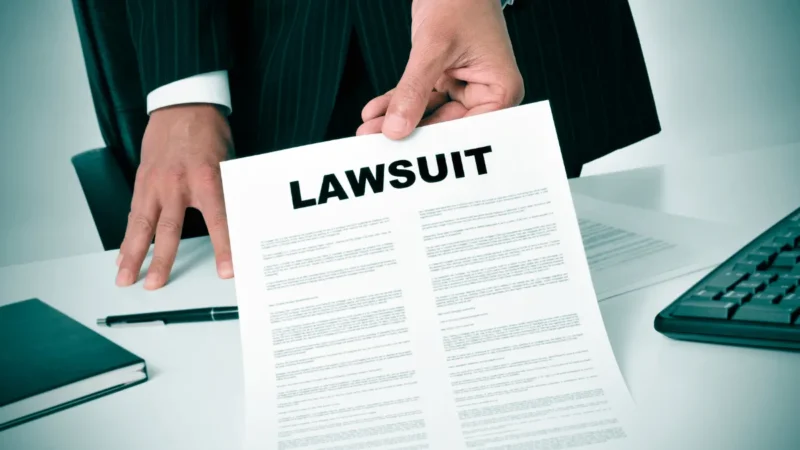Most small business owners have more pressing concerns than litigation. However, this doesn’t mean your business will never be exposed to such a grim scenario. In reality, over 40% of small businesses are either threatened with or engaged in lawsuits and litigation in their lifespan. Moreover, because most entrepreneurs don’t have access to in-house legal counsel or the budget to fund legal defense, the results are often devastating.
Besides the fact that legal expenses can deal a damaging blow to a business’s budget, you should also consider the stress it places on the owner(s) and employees. Plus, if the case gets picked up by local and national media, your business’s reputation may be tarnished, and your brand will forever be seen in a negative light.
This is why business owners must understand how to protect their businesses from costly litigation. Below, we listed some of the most common steps entrepreneurs take to stay away from lawsuits and legal trouble.
Keep Accurate Records & Write Everything Down
But why would my business be the subject of a lawsuit and legal action?
While you may think you’re doing everything right, there are a variety of reasons why your business may be sued. The most common reasons are contract violations (intentional and unintentional), product defects, noncompliance with federal regulations, and employee relations issues.
Moreover, your customers and employees are the two most common sources of lawsuits. So, to protect your business and your personal assets, it is essential to keep accurate records of every deal, negotiation, or contract.
Also, make sure to have signed agreements with both customers and employees, and keep records of all transactions, services/products provided, the price, delivery date, and any related emails or conversation notes.
Since it’s quite difficult to run your business and keep track of all the necessary records, it is a good idea to work with an attorney. They can provide advice on the types of formal contracts that should be used, such as employment contracts and sales and supplier agreements.
Find Reliable Legal Representation
While it does help to have an in-house lawyer when it comes to records and contracts, you may need a different type of legal representation, depending on the case. For instance, if a customer or employee sues your business in a personal injury case, you’ll need skilled injury lawyers for your case.
Therefore, it may be better to outsource your legal needs to a law firm that deals with a wide range of business-related cases. However, you must do a bit of research to find the right law firm for your needs. This often involves checking the law firm online (read reviews and ask opinions) and having face-to-face conversations with their representatives.

Keep Your Reputation Clean
The reputation of a business is one of the founding elements of success, so don’t take it lightly.
If customers, employers, and business partners have a negative opinion of your business, things are going to be extremely difficult moving forward. Plus, once lost, the reputation is incredibly difficult to rebuild.
This is why it’s a must-have to maintain integrity in all your dealings with employees, customers, competitors, and the community. Acting honestly and keeping promises is essential for a business to succeed, as it builds trust and prevents potential legal issues.
Check Your Employment Practices
Employers must be aware of and comply with federal and state laws governing the workplace, such as those related to workplace violence like harassment, discrimination, or the privacy rights of employees.
But unless you are willing to read through tons of legal papers and dig deep into the recommended workplace practices, you will need the help of a human resources consultant or employment lawyer. These two specialists can provide guidance when it comes to creating an employment contract for each type of work you need, and they’ll also help create a productive and ethical work environment.
As an entrepreneur, you should also consider Employment Practices Liability Insurance (EPLI). This specialized insurance has the role of protecting the employer in case an employee makes a claim of wrongful employment practices.
Wrap Up
Litigation (wrongful or not) presents a bigger risk for small businesses because they don’t have the budget to hire highly-specialized lawyers when things go wrong. This is why it’s important to take all the necessary measures to protect your business against a damaging lawsuit.



